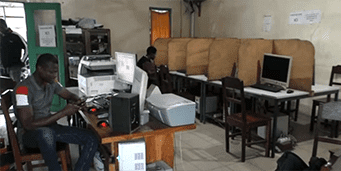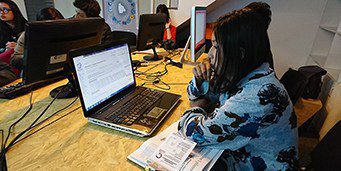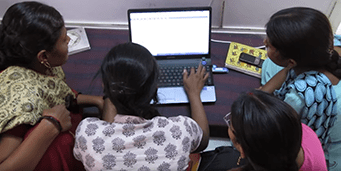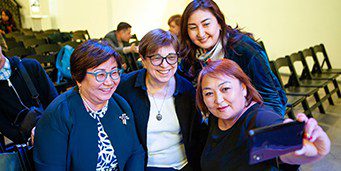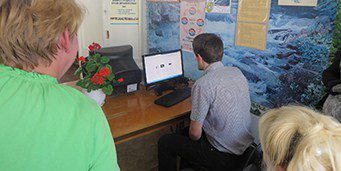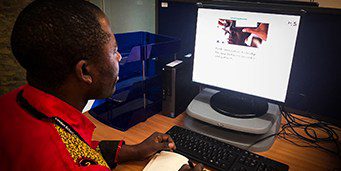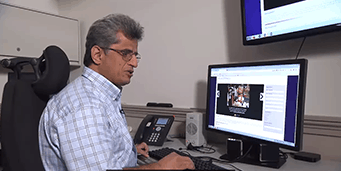We believe that civil society in every country should have the freedom and the support to promote, protect, and defend digital rights as fundamental human rights.
Digital Rights are fundamental rights. At Internews, we believe that civil society in every country should have the freedom and the support to promote, protect, and defend digital rights as fundamental human rights. We also believe that broad context and perspective is critical to informing global digital rights norms and debate. That’s why, in 2017, our Global Technology team designed a project to introduce the concept of digital rights in countries and contexts where no such conversations were previously taking place, and to support the contribution of new voices and perspectives in the global digital rights community.
As part of that initiative, over the past three years, Internews partnered with individuals, academics, and civil society organizations in 16 countries across four regions. We strove to ignite dialogue, produce policy materials, and develop awareness raising and advocacy strategies that would introduce these rights at the local level, in ways that resonated with local context and communities. We also offered our partners, many of whom worked outside of the digital rights space, an opportunity in global fora to highlight their alternative approaches to promoting and protecting digital rights. Although we couldn’t come close to supporting all 181 proposals we received from advocates around the world, we remain committed to finding new ways of supporting emergent digital rights advocacy and activism.
The following nine case studies showcase the range of approaches our partners took to promote digital rights in their respective communities, as well as some of the successes and challenges they faced in their work. We hope their creativity, resilience, and vision inspires you, as it has inspired us.
Case Studies
Emmanuel Vitus, Afrotribune, Togo, Small Grant Holder
Togo does not have appropriate legislation governing internet use and freedom, leaving the government and judiciary to apply the existing penal code to online activities. Learn more
“Ms Q,” Bolivia, Small Grant Holder
Bolivia has no adequate legislation to protect digital rights, and while this affects people throughout the country, the issues differ from region to region. Learn more
Alieu Sowe, Givel Project, The Gambia, Pioneer
In 2017, in The Gambia any criticism of the government was punishable with imprisonment, and in the run-up to the 2017 election, the internet was shut down. Learn more
Analía Aspis, Weiba Foundation, Argentina, Small Grant Holder
Argentina has adequate legislation around intellectual property, but the majority of artists are unaware of their rights. Learn more
Nonibala Narengbham, RiseUp, India, Small Grant Holder
RiseUp is working to improve women’s participation and representation in governance and decision-making at all levels. Learn more
Natalia Li, Kyrgyz Republic, Small Grant Holder
The absence of legislation governing social media is having extremely negative effects on the lives of ordinary people in Kyrgyz Republic. Learn more
Vita Volodovska, Digital Security Lab, Ukraine, Pioneer
Over the six months of their involvement with Internews, the Digital Security Lab focused on preventing censorship, and promoting rights-positive legislation. Learn more
Charles Ngounou, AfroLeadership, Cameroon, Pioneer
AfroLeadership had been working on open data for several years, when internet shutdowns in Cameroon led them to investigate digital rights. Learn more
Nancy Reyes, Accessibility Lab, Mexico, Pioneer
Accessibility Lab’s mission is to promote and defend digital rights, so that all people have equal access to information. Learn more
PDF of Grassroots Initiatives for Digital Rights Case Studies
